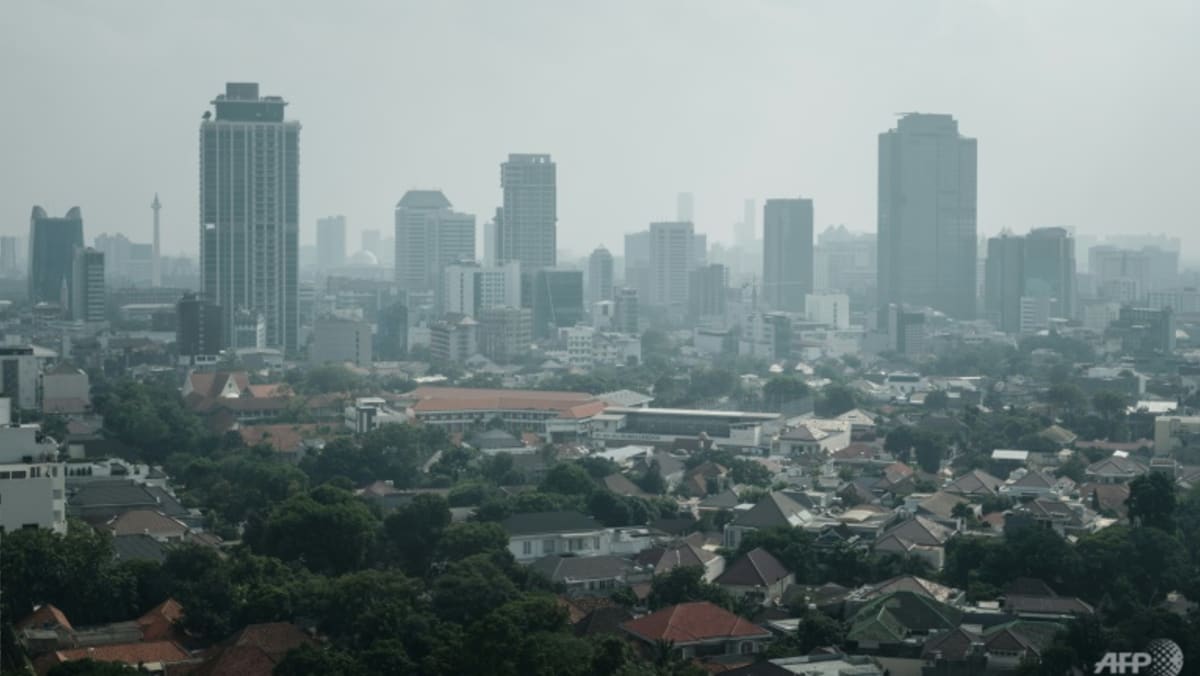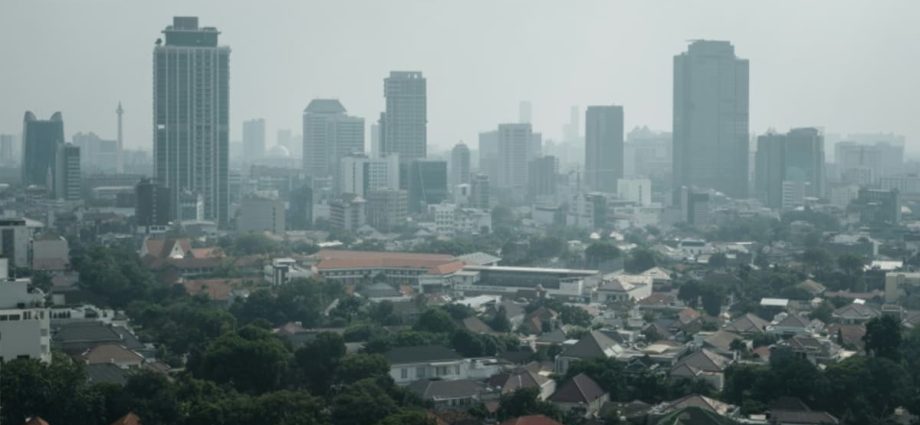
President Joko Widodo last month warned of a long summer dry season in Indonesia that could stoke dangerous weather conditions and even wildfires across the archipelago nation, blaming it on the El Nino global weather phenomenon.
He said on Monday that the pollution spikes could be managed by building better public transport and shifting some of the economic and industrial burden from Jakarta to Nusantara, the new planned Indonesian capital set to open its doors next year.
This week’s spikes in PM2.5 levels were so bad that Jakarta topped Swiss company IQAir’s live ranking of air pollution in major cities at least once every day from Monday to Thursday.
According to the government’s research, vehicle emissions account for 44 per cent of air pollution, followed by the energy industry with 31 per cent and manufacturing with 10 per cent, Reliantoro said.
He appeared to blame older, more polluting vehicles for high levels of emissions, saying the government had implemented “periodic enforcement” of emissions tests for vehicles but there was not enough help from authorities outside Jakarta.
“Air pollution in the capital cannot be tackled alone by the Jakarta administration, it must involve surrounding areas,” he said.

